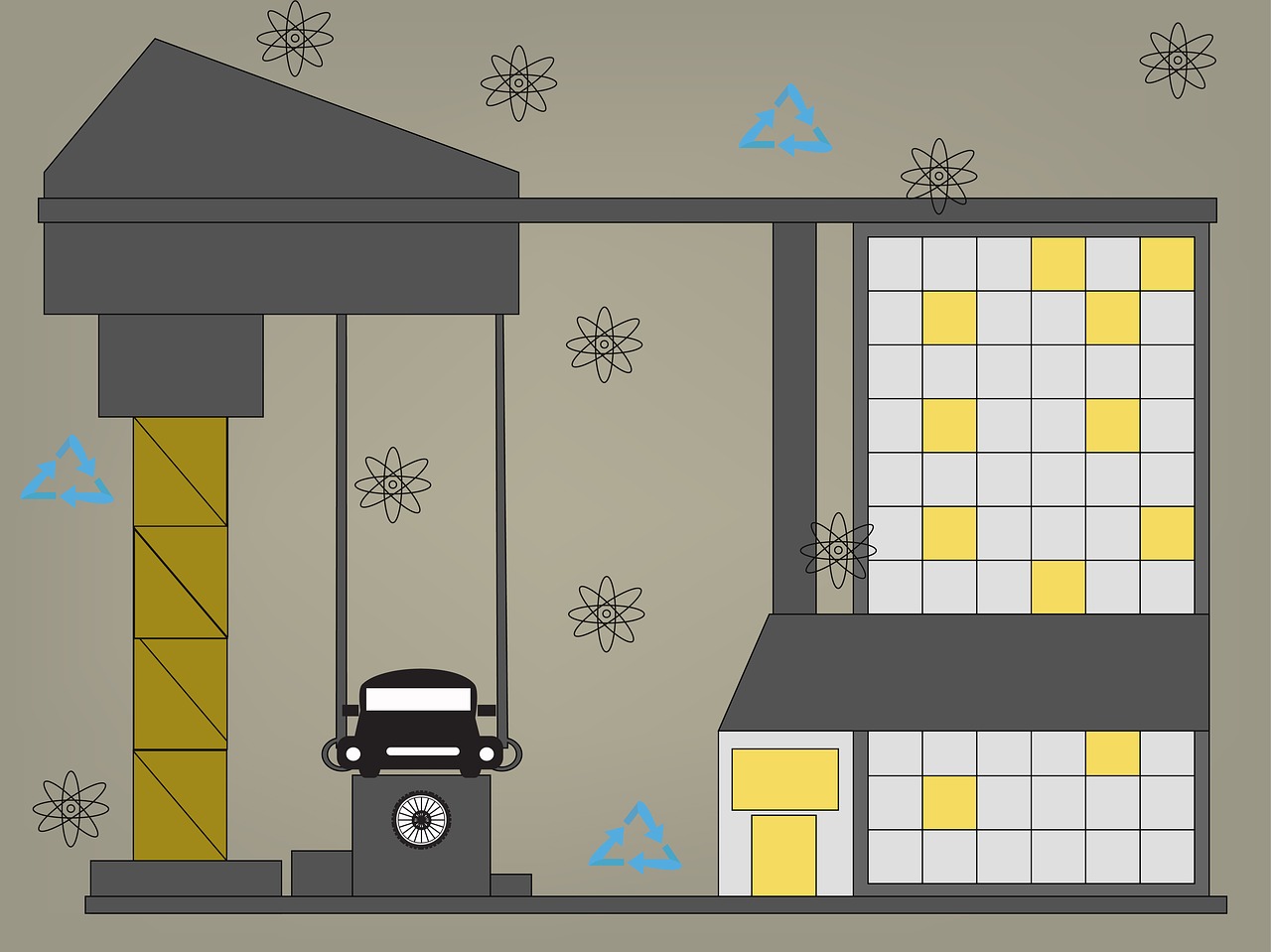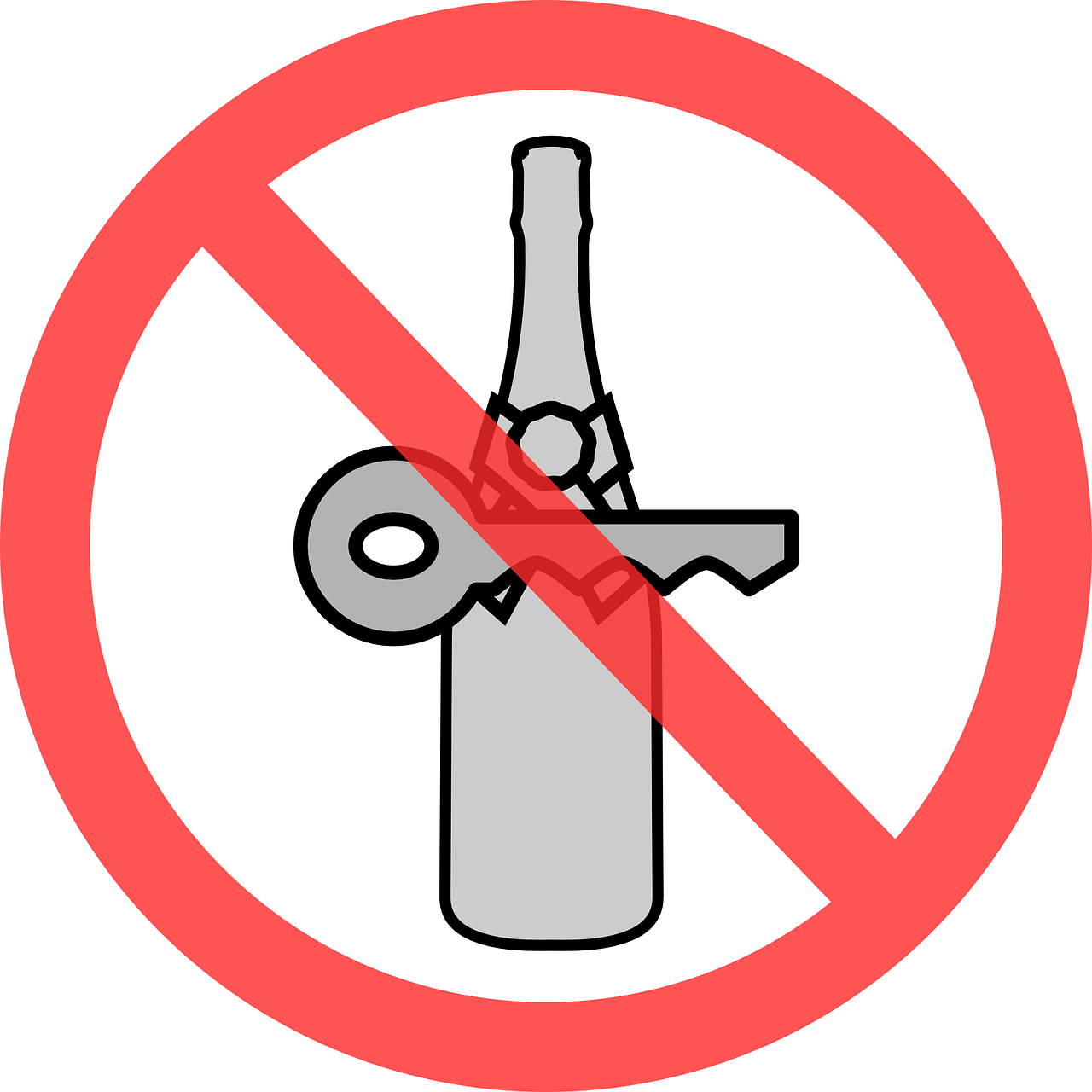If you find yourself in a car accident, the immediate aftermath can be overwhelming. Not only do you have to deal with any personal injuries, but what about the damage to your vehicle? The question then arises: Can you get a lawyer for property damage in a car accident? The answer is yes! Having a lawyer by your side can provide you with invaluable guidance and ensure that you receive the compensation you deserve. In this article, we will explore the importance of hiring a lawyer for property damage in a car accident and how they can assist you in navigating the complex legal landscape. So, let’s delve into this topic and find out why having legal representation is crucial in such situations.

Understanding Property Damage in a Car Accident
Car accidents can be chaotic and stressful, leaving you feeling overwhelmed and unsure of what steps to take next. One crucial aspect to consider in these situations is property damage. Understanding the basics of property damage in a car accident is important in order to protect your rights and seek appropriate compensation for any losses you may have incurred.
Determining Liability for Property Damage
One of the first steps in dealing with property damage after a car accident is determining who is at fault. Identifying the at-fault party is crucial in pursuing a property damage claim. In some cases, it may be clear-cut, such as when the other driver rear-ends your vehicle. However, other situations may require a more thorough investigation.
Negligence and Fault
Negligence plays a critical role in determining fault in a car accident. To establish negligence, it must be proven that the at-fault party failed to exercise reasonable care, and as a result, caused the accident and subsequent property damage. This can involve actions such as speeding, running a red light, or texting while driving.
Proving Liability
Proving liability for property damage can be a complex process. It may involve gathering evidence such as accident reports, eyewitness statements, photographs, and any available video footage. It is essential to collect as much evidence as possible to demonstrate the other party’s negligence and responsibility for the damage to your property.
Types of Property Damage in a Car Accident
Car accidents can cause various types of property damage, including:
Vehicle Damage
The most common form of property damage in a car accident is damage to your vehicle. Collisions can result in significant damage to the exterior, including dents, scratches, and broken windows. Additionally, internal components such as the engine, transmission, or suspension may also sustain damage.
Personal Belongings
Property damage doesn’t just include damage to your vehicle. It can also encompass personal belongings that were within the vehicle at the time of the accident. This can include items such as electronics, clothing, and any other possessions that were damaged or destroyed as a result of the collision.
Structural or Environmental Damage
In some cases, car accidents can cause damage to surrounding structures or the environment. This can include damage to fences, buildings, or even natural features such as trees or landscaping. These types of property damage can result in additional complications when seeking compensation.
Filing a Property Damage Claim
If your property has been damaged in a car accident, filing a property damage claim is typically the next step towards obtaining compensation for your losses. Here are some important steps to follow:
Reporting the Accident
It is essential to report the accident to the appropriate authorities, such as the police or highway patrol. This not only ensures that an official record of the accident is created but also helps establish the facts surrounding the incident.
Obtaining Evidence
As mentioned earlier, obtaining evidence is crucial when filing a property damage claim. This can include taking photographs of the accident scene, gathering witness statements, and obtaining any available video footage. The more evidence you have, the stronger your claim will be.
Contacting Your Insurance Company
Notify your insurance company about the accident and the property damage you have suffered. They will guide you through the claims process and provide assistance in pursuing compensation. It’s essential to provide them with all the necessary evidence and details to support your claim.
Getting a Repair Estimate
Obtain a repair estimate from a trusted mechanic or body shop to assess the cost of repairing your vehicle. This estimate will serve as evidence of the damage you have incurred and the associated expenses. Make sure to keep all records and receipts related to the repairs and any other costs you have incurred.
Do I Need a Lawyer for Property Damage?
Whether or not you need a lawyer for property damage depends on the specific circumstances of your case. However, there are several benefits to hiring a lawyer when dealing with property damage in a car accident.
Benefits of Hiring a Lawyer
A lawyer who specializes in property damage can provide you with expert guidance throughout the claims process. They have the knowledge and experience to negotiate with insurance companies on your behalf, ensuring that you receive fair compensation for your losses. Additionally, a lawyer can help navigate any legal complexities that may arise during the process.
When to Hire a Lawyer for Property Damage
If you encounter difficulties in handling your property damage claim or believe that you are not being adequately compensated for your losses, it may be time to consider hiring a lawyer. They can intervene on your behalf, fighting for your rights and striving to achieve a favorable outcome in your case.

The Role of an Attorney in Property Damage Cases
When it comes to property damage cases, an attorney can play a crucial role in advocating for your rights and maximizing your chances of a fair settlement. Here are some key ways in which an attorney can assist you:
Legal Expertise and Guidance
An attorney specializing in property damage cases possesses the necessary legal expertise to handle your claim effectively. They understand the nuances of insurance policies, liability laws, and the steps required to pursue a successful claim.
Negotiating with Insurance Companies
Insurance companies are renowned for using various tactics to minimize their financial responsibility. An attorney can navigate these negotiations on your behalf, ensuring that you receive fair compensation for your property damage. They will fight for your rights and ensure that the insurance company does not take advantage of you.
Litigation and Court Representation
In some cases, property damage claims may need to proceed to litigation. An attorney will be your advocate in court, presenting a compelling case to support your claim for compensation. They will handle all legal proceedings, including filing necessary documents, presenting evidence, and arguing your case before a judge or jury.
Finding the Right Lawyer for Your Case
If you decide to hire a lawyer for your property damage claim, finding the right attorney is crucial. Here are some steps to consider:
Researching and Interviewing Potential Lawyers
Research various attorneys specializing in property damage cases and schedule consultations to discuss your situation. During these consultations, ask about their experience, success rate, and approach to handling cases similar to yours. This will help you determine the best fit for your needs.
Considerations for Choosing a Lawyer
When choosing a lawyer, consider factors such as their experience, reputation, communication style, and fee structure. It is crucial to select an attorney who you feel comfortable working with and who has a track record of success in property damage cases.
How Much Does a Property Damage Lawyer Cost?
The cost of hiring a property damage lawyer can vary depending on various factors. Here are some common fee structures you may come across:
Contingency Fee Basis
Many property damage lawyers work on a contingency fee basis. This means that they only collect a fee if they are successful in recovering compensation for you. The fee is typically a percentage of the total amount recovered, and if the case is unsuccessful, you are not required to pay any attorney fees.
Hourly Rates
In some cases, lawyers may charge by the hour for their services. This means that you will be billed for the time they spend working on your case, regardless of the outcome. Hourly rates can vary significantly depending on the lawyer’s experience and location.
Consultation Fees
Some lawyers may charge a consultation fee for the initial meeting. This fee allows you to discuss your case with the attorney and determine if they are the right fit for you. However, many lawyers offer free initial consultations, so it is worth exploring your options.
FAQs About Hiring a Lawyer for Property Damage
Can I handle a property damage claim on my own?
While it is possible to handle a property damage claim on your own, hiring a lawyer is advisable, especially if you encounter difficulties or believe you are not being fairly compensated. A lawyer can provide valuable expertise and advocacy to maximize your chances of a favorable outcome.
How long does it take to resolve a property damage claim?
The timeline for resolving a property damage claim varies depending on the specific circumstances of the case. Some claims may be resolved relatively quickly, while others may take longer, especially if litigation is involved. It is best to consult with a lawyer to get a better understanding of the timeframe for your particular situation.
What damages can I recover in a property damage claim?
In a property damage claim, you may be able to recover damages such as the cost of vehicle repairs, replacement value for personal belongings, rental car expenses, and any other expenses directly related to the accident. A lawyer can help determine the full extent of damages you may be entitled to.
What if the at-fault party doesn’t have insurance?
If the at-fault party does not have insurance, it can complicate matters when pursuing compensation for property damage. However, you may still have options, such as filing a claim with your own insurance company. Consulting with a lawyer can help you navigate these complexities and explore all possible avenues for recovery.
Is there a time limit for filing a property damage lawsuit?
Yes, there is typically a time limit, known as the statute of limitations, for filing a property damage lawsuit. The specific time limit varies by jurisdiction, so it is important to consult with a lawyer familiar with the laws in your area to ensure you do not miss any deadlines.
Conclusion
Property damage is a common consequence of car accidents, and understanding the process of dealing with it is essential. Whether it is vehicle damage, personal belongings, or structural damage, knowing your rights and the steps to take can significantly impact your ability to obtain fair compensation. While it is possible to handle a property damage claim on your own, seeking the assistance of a lawyer specializing in these cases can provide invaluable expertise and ensure that your rights are protected throughout the process. Remember to research and choose a lawyer who best suits your needs, and don’t hesitate to seek legal representation when necessary. By being proactive and seeking the compensation you deserve, you can alleviate some of the stress associated with property damage in car accidents and focus on moving forward.




